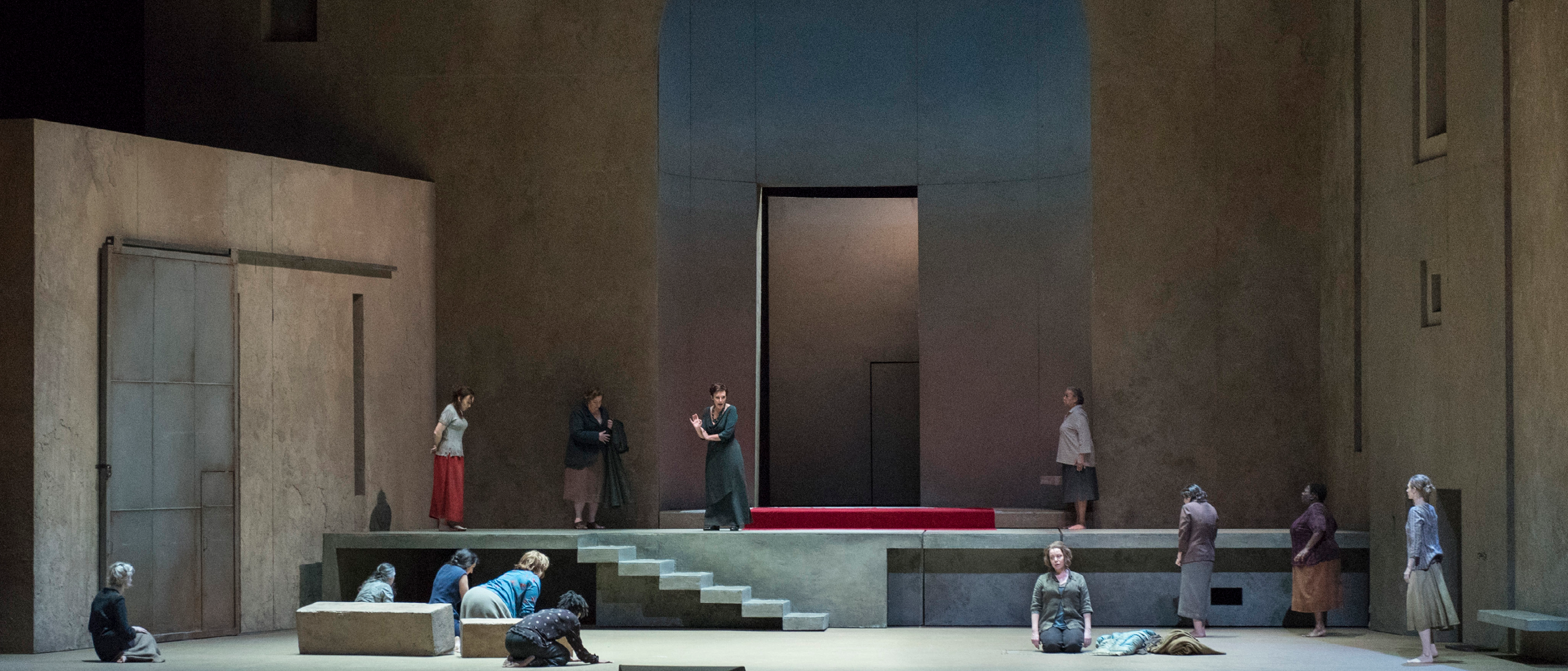
Fun Facts
Richard Strauss’s father was an accomplished musician who held the post of principal French horn player in the Munich Court Orchestra. His musical tastes tended strongly toward the conservative, and he much preferred Mozart, Haydn, and Beethoven over composers of his own generation. The conductor Hans Richter is supposed to have once said, “Strauss’s son may be happy that he doesn’t have his father in his own orchestra.”
Strauss’s first opera, Guntram, met with some success when he conducted the premiere in Weimar in 1894. But the first performance in his native city of Munich the year after was a dismal failure. Strauss took the rejection very personally. Years later, he placed a gravestone in the garden of his villa with the inscription, “Here rests the honorable and virtuous young man Guntram, who was horribly slain by the symphony orchestra of his own father.”
In 1898, the Metropolitan Opera offered Strauss the position of principal conductor, at twice the salary of a rival offer from the Royal Court Opera in Berlin. Strauss turned down the Met in favor of Berlin’s more generous vacations and pensions. At the time, he wrote to his mother, “I shall still be able to graze in American pastures ten years from now, while at the moment it’s more important to make myself still better known in Europe.”
The conductor Hans von Bülow, one of Strauss’s mentors, used to refer to him jokingly as “Richard the Third.” Bülow claimed that after Richard the First—the 19th-century operatic titan Richard Wagner—there could be no second. (It is also worth mentioning that Hans von Bülow’s wife, Cosima, left him for Wagner.)
Sophocles wrote more than 100 plays, but only seven are extant today.